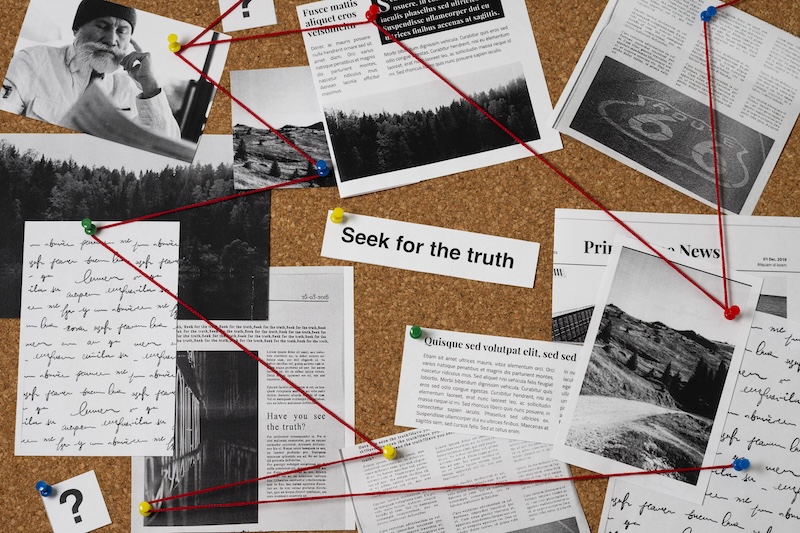A functioning democracy depends on people who are willing to speak up when they see wrongdoing. Sometimes those people testify in a courtroom. Sometimes they write an article. In either case, the principle is the same: the public deserves to know what happened, and those who share that knowledge must be free from retaliation.
When a journalist reports on possible violations of the law, that journalist is not simply telling a story. They are documenting facts that may become part of a civil or criminal case. Maryland Criminal law recognizes this reality. Sections 9-302, 9-303, and 9-305 of the Criminal Law Article make it illegal to harm, threaten, or intimidate a witness. That protection extends to anyone who reports misconduct that could reasonably lead to legal action. This includes journalists who investigate and publish credible accounts of official misdeeds.
Defamation, when used to falsely damage the credibility of such a journalist, can itself amount to an attempt to harm or retaliate against a witness. A baseless public accusation that a reporter has misrepresented facts does not just injure reputation; it can discourage future reporting, undermine the public record, and obstruct the flow of truthful information to the community.
Journalism has built-in processes to contest and resolve any items that may need correction or clarification. Reporters maintain detailed, dutiful records to support their assertions, and they follow rigorous standards to verify facts before publication. Disagreement with reporting is part of public debate, but false attacks that ignore these processes cross the line into intimidation.
History shows that attempts to silence reporters often fail. Journalists tend to be persistent, and they support one another when one of their own comes under attack. In newsrooms, at press associations, and through professional networks, reporters share resources, check each other’s work, and defend each other’s credibility. This solidarity is not just a matter of loyalty. It is a recognition that the integrity of the press is a shared resource, and when it is attacked, everyone in the profession has a stake in the defense.
Officials who try to discourage reporting by smearing those who do it misunderstand both the press and the public. Facts have staying power. Once published, they can be checked, confirmed, and preserved. Attempts to bury them often have the opposite effect, drawing more attention to the very information someone hoped to suppress.
The public, too, has a role in this equation. When voters and readers refuse to accept intimidation as politics as usual, they reinforce the expectation that truth will be met with accountability, not retaliation. That expectation is the foundation of public trust, and it is worth guarding.
Maryland law is unambiguous: reporting wrongdoing is not a crime. Trying to punish or silence someone for doing it may be. Journalists, as witnesses to the public’s business, will keep reporting. Their work is backed by careful documentation and professional standards, and the law is on the side of those who refuse to be intimidated.
Will Fries is a writer in Salisbury, Maryland. Find more at Watershed Observer.
[This opinion is for general informational purposes only and does not constitute legal advice.]



Joe Schiaffino says
I agree with the author 100%. The problem is that we have government officials at the local, state, and federal level, who verbally attack reporting they don’t like, even in some cases bringing baseless lawsuits against reporters and citizens. Another problem is that we have too many “journalists” toeing the party line, and basically propagandizing the public for the benefit of those in power. See for example, the New York Times, Washington Post, Fox News, CNN, etc.
At the international level, we have Israeli soldiers killing journalists who are trying to accurately report to the world the genocide happening in Gaza. True journalists are unfortunately a dying breed, but they are the public’s only way to learn what is really happening at our local, state, federal, and international levels. As we continue to lose true journalists, we are fast becoming Oceania in Orwell’s 1984.